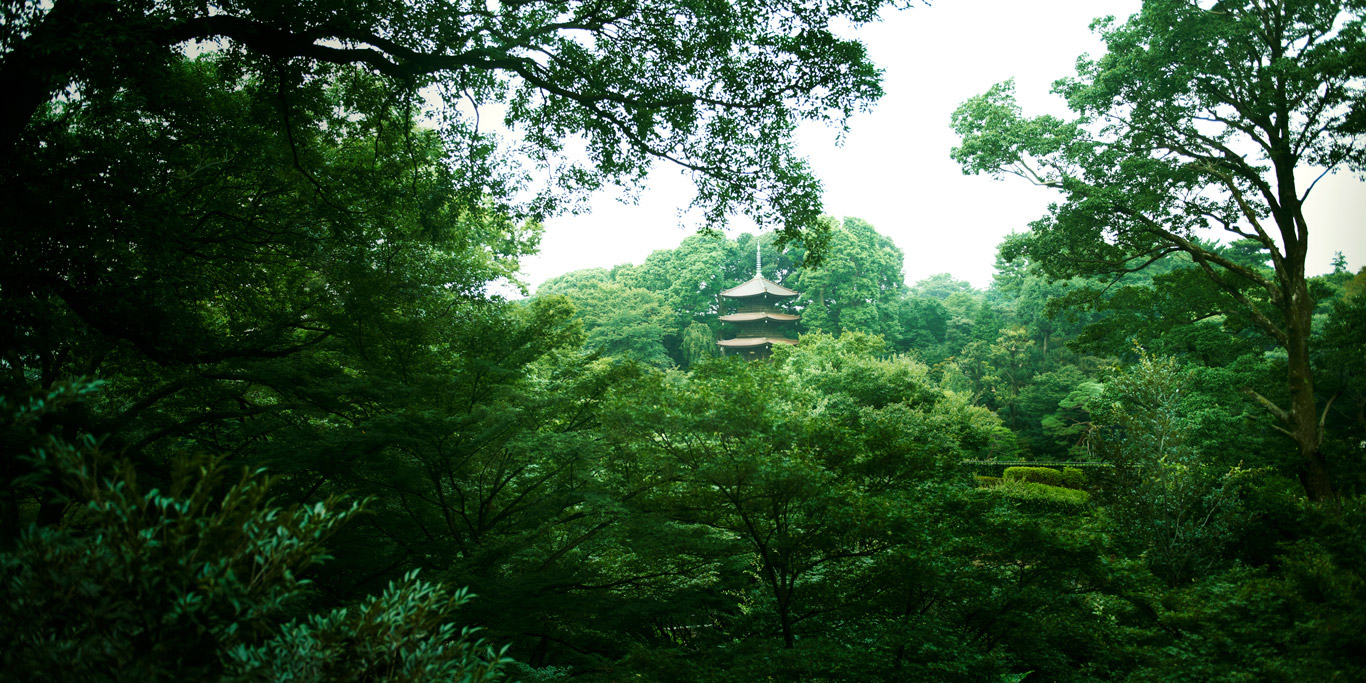
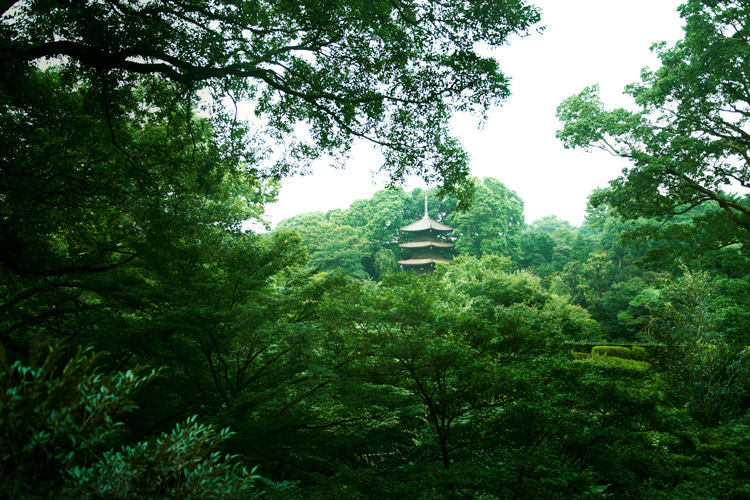
Gardens
What's new
Progressing Forward: Sustainable Development Goals at Hotel Chinzanso Tokyo
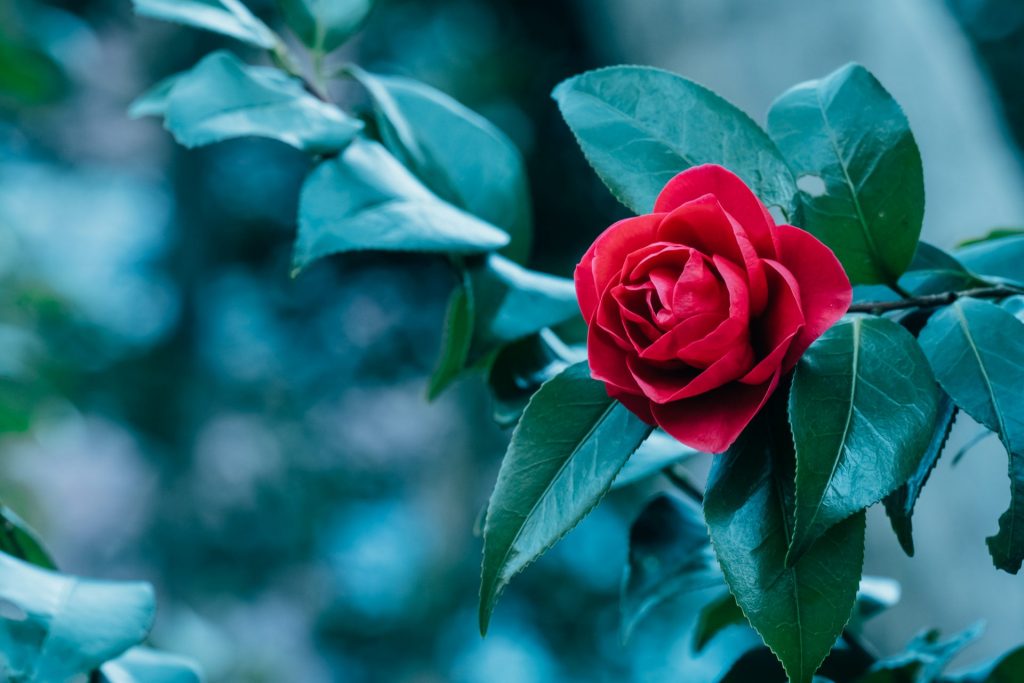
As a member of the United Nations, Japan is committed to the The 2030 Agenda for Sustainable Development that includes the Sustainable Development Goals (SDGs). Hotel Chinzanso Tokyo aims to be an enterprise that contributes to these global goals.
We believe that coexisting with nature while striving for a more equal society aligns with our mission of being “an oasis that exists for the good of each era.”
Chinzanso Garden, created at the beginning of the Meiji Period (1868-1912), has become Tokyo’s green oasis, a location where visitors can connect with nature and feel the seasons. We wish to ensure that future generations will also be able to enjoy this beautiful ecosystem that is part of our capital city’s natural environment.
Read on to learn more about the measures that we have implemented in order to achieve the global SDGs.
What are the Sustainable Development Goals (SDGs) adopted by the United Nations?

The 193 member states of the United Nations have adopted 17 Sustainable Development Goals in 2015 as part of an agenda to end world poverty and support economic growth while protecting the natural environment and tackling climate change. These goals and their targets are meant to be achieved by 2030.
Hotel Chinzanso Tokyo believes that global sustainable development should be pursued not only at the state and governmental level but also at the enterprise and individual level.
Some of the SDGs we are contributing to include ensuring sustainable consumption and production patterns (Goal 12), taking urgent action to combat climate change and its impacts (Goal 13), protecting, restoring and promoting the sustainable use of terrestrial ecosystems (Goal 15), and striving for gender equality by empowering women (Goal 5).
At Hotel Chinzanso Tokyo, our endeavors can be grouped into two main categories: Environmental and diversity.
Environmental efforts at Hotel Chinzanso Tokyo
Contributing to the reduction of CO2 emissions, using recyclable resources, reducing waste, and preserving the environment are our priorities.

Our hotel has partnered with businesses that share our commitment to the global SDGs. In our efforts to contribute to preserving the natural environment (Goal 13), we are working to reduce the use of plastic straws, amenity containers, and takeout cutlery. Most of the room amenities at Hotel Chinzanso Tokyo are available in recyclable containers such as glass or paper. Moreover, we promote recycling by using label-free PET bottles that are easy to dispose of.
We have also introduced an environmentally-friendly room cleaning service for guests staying consecutive nights. By agreeing to have the bed linens changed every third day and bath towels only upon request, our guests cooperate with us in reducing the use of water, electricity, and other resources.
Reducing food loss and waste, an essential factor in achieving Goal 12: Ensuring sustainable consumption and production patterns, is among our main priorities at Hotel Chinzanso Tokyo.
One of the measures we have implemented was inspired by the “Let’s Eat Up Everything! 30/10 Campaign ” first launched in Matsumoto City, Nagano. This campaign is currently known as the Sanmaru-Ichimaru Movement in Japan (“Sanmaru-Ichimaru” is the Japanese reading of “30/10”). The 30/10 movement encourages banquet or dinner party guests to sit at their tables and enjoy their meals for the first 30 and last 10 minutes of the event to finish up everything on their plates. Posters promoting this policy are displayed in our banquet halls.
Another measure that is directly related to Goal 12 is our reduction of paper use for flyers and surveys by replacing them with digital devices and formats.
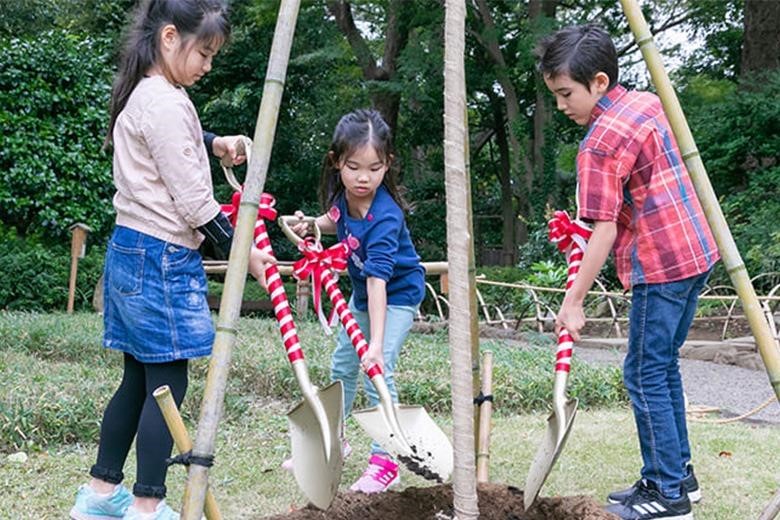
As the owner and manager of Chinzanso Garden, a Japanese garden located on the historical Camellia Mountain, Hotel Chinzanso Tokyo is dedicated to preserving the natural environment. By allowing guests and visitors to connect with nature, we raise awareness about the importance of the natural environment for our health and well-being.
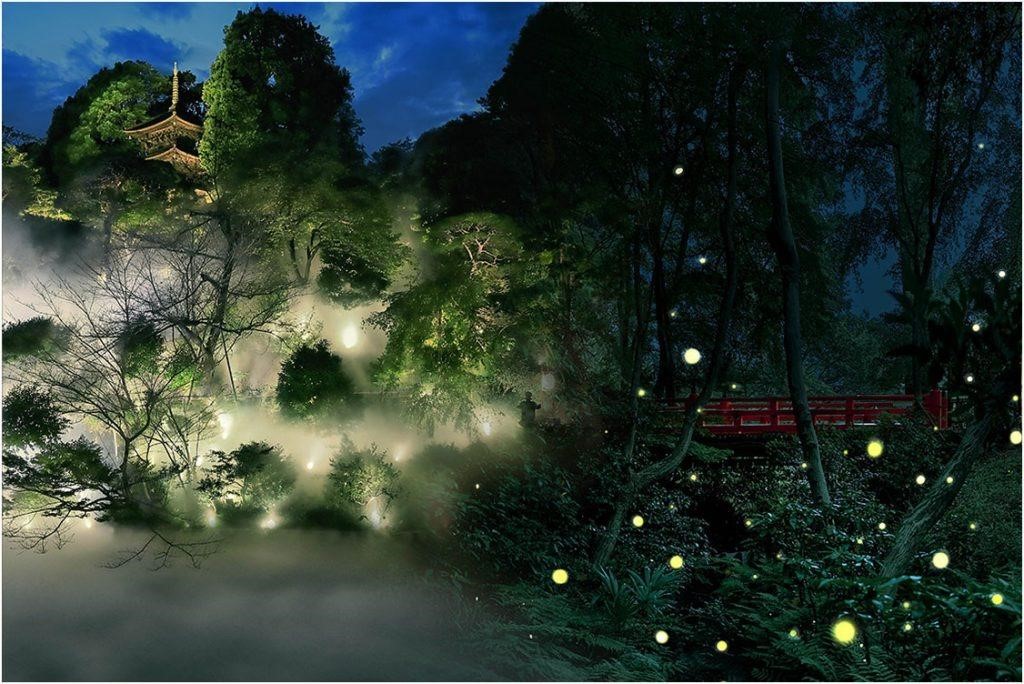
The fact that fireflies can be viewed in early summer in Chinzanso Garden is the result of our efforts to preserve the quality of the groundwater and the overall health of the ecosystem that is our garden. Alongside tree-planting activities, bonsai workshops, and other instructional programs held for children to learn about the importance of environmental preservation, these efforts contribute to Goal 15, protecting, restoring and promoting the sustainable use of terrestrial ecosystems.
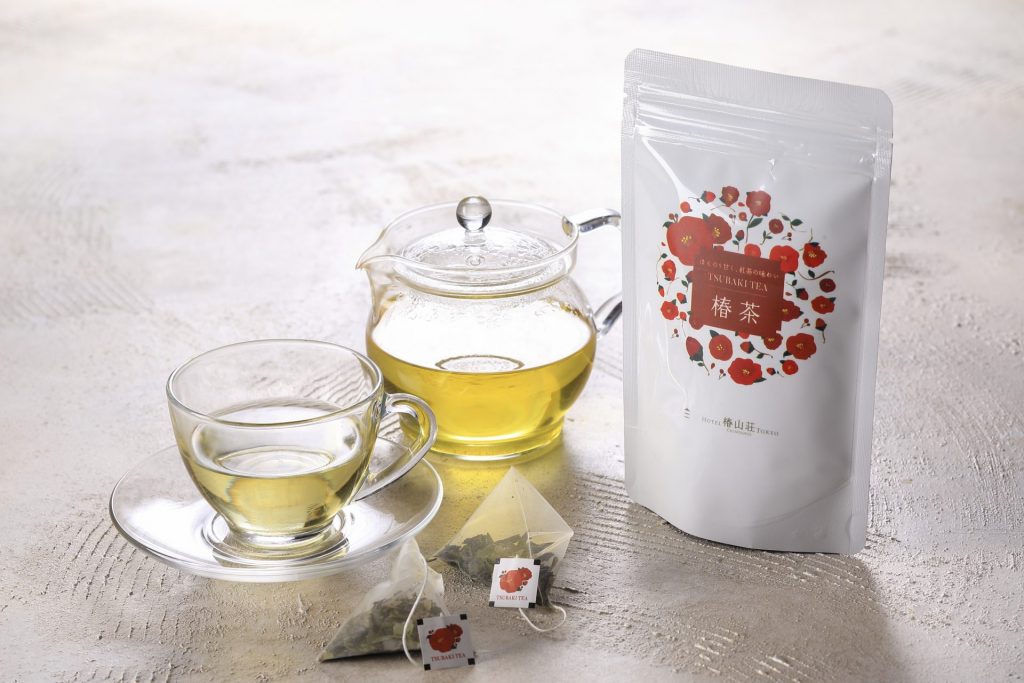
We also support environmental preservation activities related to other regions in Japan. As a partner of the Red Carpet Project (Japanese), we sell camellia tea made from camellias grown in the Kesen district of Iwate Prefecture, an area that was severely damaged by the Great East Japan Earthquake in March 2011. A part of the revenue is donated in order to plant camellia trees in the region.
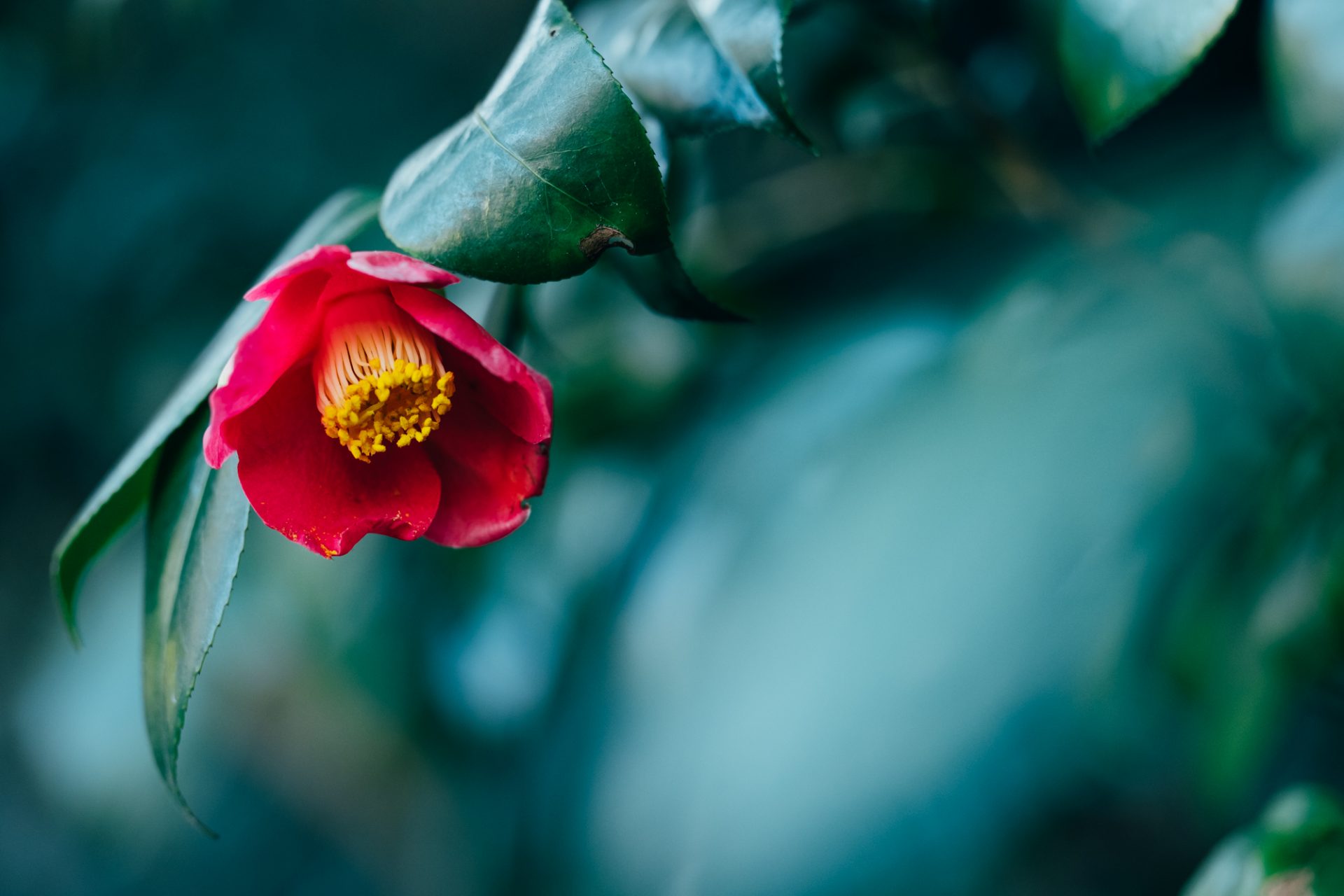
Camellia trees are resilient and can adapt to harsh environments; with their graceful blooms, they bring color and life to land that would have been otherwise deserted. The land that Hotel Chinzanso Tokyo stands on used to be covered in camellia trees, and was already a famous location by the fourteenth century. Chinzanso Garden was built on and named after Camellia Mountain with the intention of leaving it to future generations as a place of scenic beauty. This is why camellias have become the symbol of Hotel Chinzanso Tokyo.
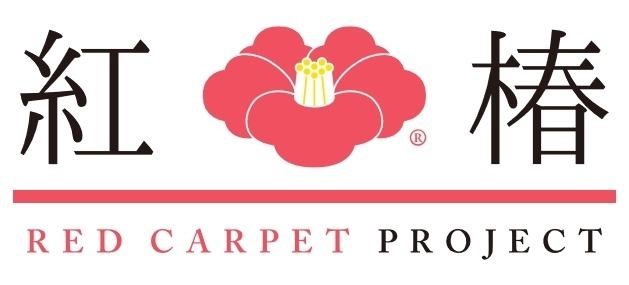
The Red Carpet Project was started in 2015 with the goal of turning the Kesen region into a place famous for camellias that attracts visitors. Not only is the natural environment of the area being restored, but the production of camellia tea in Kesen has also led to an increase in employment and a revival of the region’s livelihood.
Working towards a society that respects diversity and individuality
By creating guest rooms with universal design, creating barrier-free areas of Chinzanso Garden, and increasing the number of multipurpose and gender-free restrooms, we promote a peaceful and inclusive society for sustainable development (Goal 16).
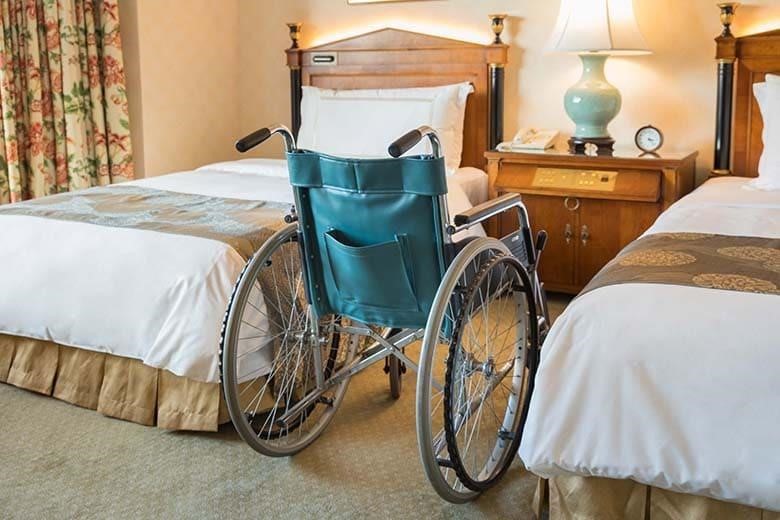
Our universal design rooms and hotel spaces come with ramps and sliding doors, connected rooms for family and caregivers, as well as spaces for wheelchairs. Two thirds of Chinzanso Garden is barrier-free and can be accessed with wheelchairs and strollers so that all guests can enjoy the nature in our oasis.
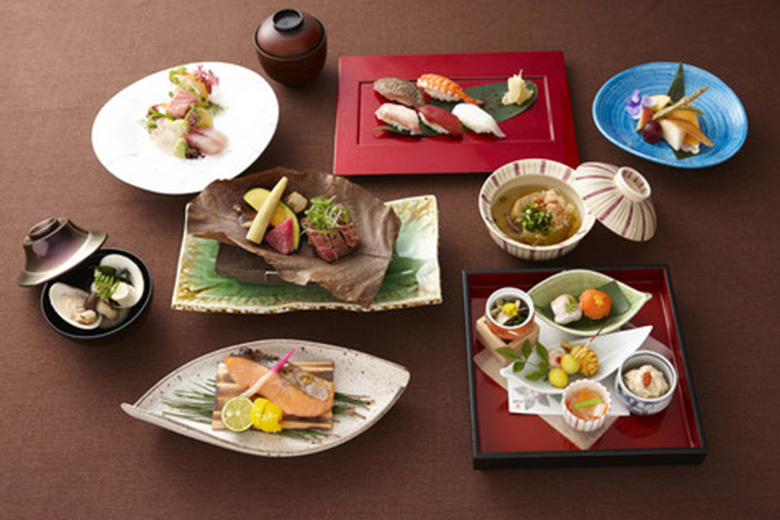
By offering gluten-free menus and Muslim-friendly cuisine, we strive to meet diverse dietary needs. We also provide halal amenities and prayer mat rentals for guests, as well as prayer rooms for our Muslim staff members in our staff office.
In order for international guests to feel at ease, the signage, flyers, and other materials in the hotel are provided in both Japanese and English. In addition, we provide English language instruction courses to our staff and have a team that can support our international guests in English.
By promoting fair trade, we are working toward achieving Goal 10: Reducing inequality. At our hotel shop, guests can purchase two types of original reusable bags made from certified fair trade cotton and recycled polyester from plastic bottle fibers.

The Afternoon Tea offered at Lobby Lounge Le Jardin is one of the most popular menus at Hotel Chinzanso Tokyo. We have added Sri Lankan Dilmah tea to our Afternoon tea menu in order to support Sri Lanka’s MJF Charitable Foundation.
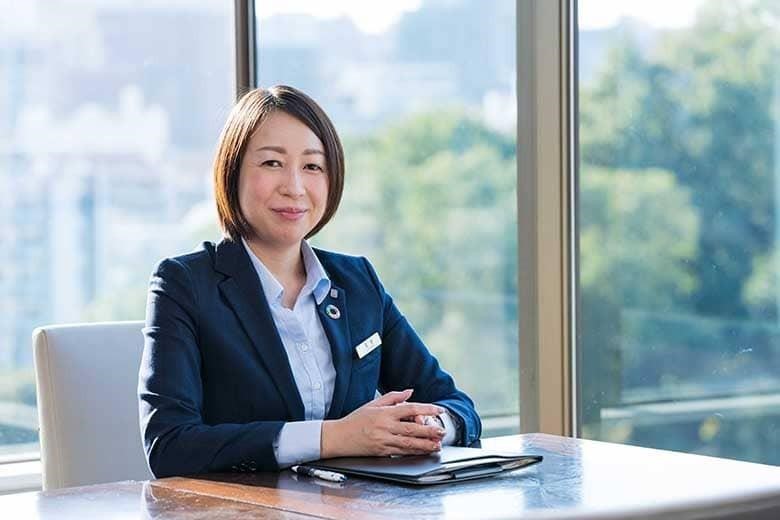
Last but not least, we have established a Diversity Promotion Committee in order to aim for gender equality as envisioned by Goal 5. We encourage our female staff at all levels to actively participate in the committee and attend the provided training sessions and workshops.
Join us as we work towards the Sustainable Development Goals
After spending some time in Chinzanso Garden among the greenery and seasonal flowers, surrounded by the sounds of the stream, birds, and wind, you will probably resonate with our mission to pass on this oasis as a gift to future generations. As a guest at Hotel Chinzanso Tokyo, you become our partner in striving for a more sustainable society.
Updated on September 12,2023
